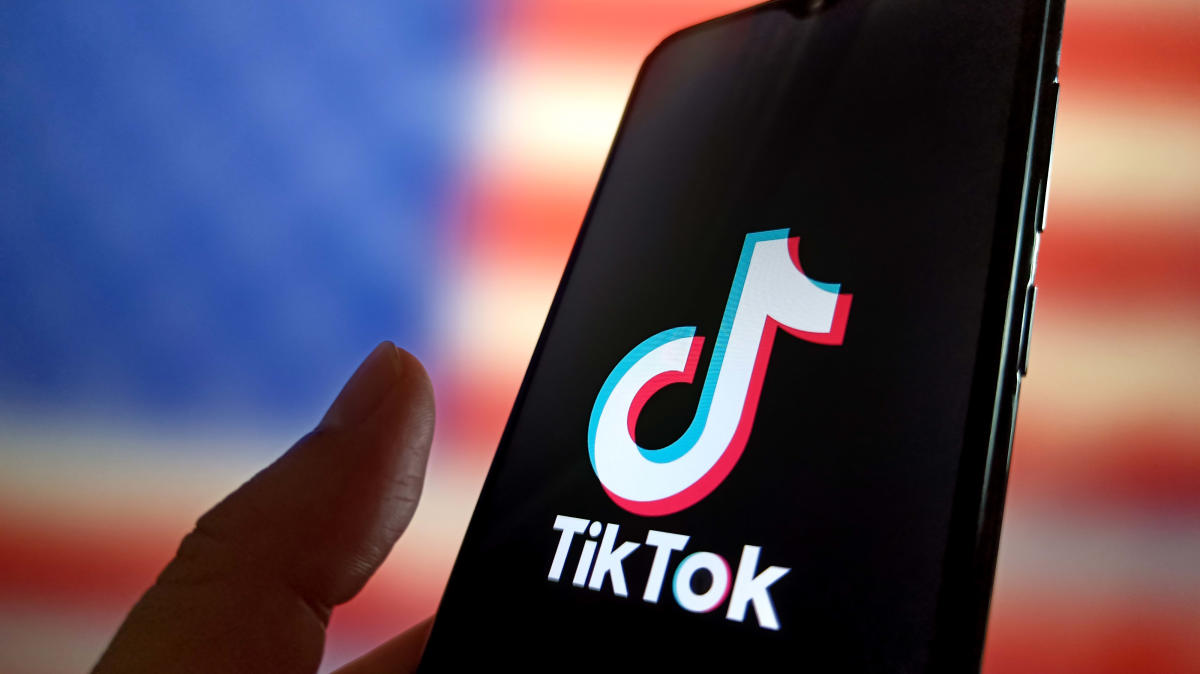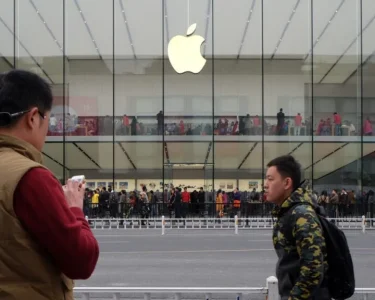TikTok is once again facing legal challenges as the popular social media platform heads to court over a potential ban in the U.S. This stems from ongoing concerns about data security and national security threats, particularly surrounding its ties to China. The legal battle underscores the growing tension between the U.S. government and TikTok, as efforts to address privacy risks have intensified. With millions of users at stake, the outcome of this case could have far-reaching implications for TikTok’s operations in the U.S.
Background on TikTok’s Legal Troubles
TikTok’s rise to prominence has been met with increasing scrutiny from the U.S. government, mainly due to its ownership by Chinese parent company ByteDance. Lawmakers have expressed fears that TikTok could share user data with the Chinese government, a claim the company has repeatedly denied. Despite these reassurances, tensions have escalated, with the Trump administration initially seeking to ban the app in 2020.
Since then, TikTok has faced ongoing regulatory challenges, leading to new legal battles. The current case aims to address whether TikTok poses a legitimate national security threat or if the concerns are exaggerated.
National Security Concerns
At the heart of the debate is whether TikTok’s vast collection of user data—including location, browsing history, and personal information—could be accessed by the Chinese government. The U.S. government has pointed to China’s strict data-sharing laws, which could compel ByteDance to hand over user data upon request. This potential for surveillance has alarmed U.S. officials, fueling efforts to ban the platform.
TikTok has taken steps to mitigate these concerns, such as establishing data storage in the U.S. and implementing Project Texas, a plan to manage U.S. user data through a partnership with Oracle. However, critics argue that these measures may not be enough to ensure data security.
Legal Arguments and Counterarguments
Both sides of the legal battle have presented compelling arguments. The U.S. government maintains that banning TikTok is a necessary step to protect national security. They point to China’s record of state-sponsored hacking and its laws regarding data sharing as reasons for concern.
On the other hand, TikTok has argued that the ban is politically motivated and lacks sufficient evidence to support claims of data misuse. The company insists that it operates independently of the Chinese government and has taken robust steps to protect user data from any foreign interference.
Impact on Users and Businesses
A ban on TikTok would have significant implications for its users and the many businesses that rely on the platform for marketing. With over 150 million U.S. users, TikTok has become a critical tool for creators, brands, and small businesses looking to reach a younger demographic. A ban could disrupt their ability to engage with audiences and impact revenue streams.
Additionally, content creators who have built their livelihoods around TikTok are understandably concerned. Many have expressed fears that they could lose their followers and income if the app is removed from app stores.
Broader Implications for Tech Regulation
The TikTok case is part of a broader conversation about regulating tech companies and their data practices. As governments around the world grapple with privacy and security concerns, the outcome of this case could set a precedent for how other tech companies with ties to foreign nations are treated.
U.S. lawmakers are also using the TikTok case as a stepping stone to introduce more comprehensive regulations for social media platforms. This could result in stricter data privacy laws and increased oversight of tech companies, especially those with foreign ownership.
TikTok’s Defense Strategy
TikTok has employed several strategies to defend itself in court and in the public eye. The company has ramped up its lobbying efforts in Washington, spending millions to influence policymakers. They’ve also launched public relations campaigns, emphasizing their efforts to protect user privacy and the economic benefits the platform provides to the U.S. economy.
TikTok CEO Shou Zi Chew has testified before Congress, where he assured lawmakers that the company is committed to complying with U.S. laws and ensuring that American data is stored safely. However, some lawmakers remain skeptical, questioning whether TikTok’s assurances are enough to mitigate the perceived risks.
What’s Next for TikTok?
As the legal process unfolds, TikTok’s future in the U.S. remains uncertain. A court ruling in favor of the ban could lead to the platform being removed from app stores, disrupting millions of users. However, TikTok has vowed to continue fighting any attempts to shut it down, indicating that the battle is far from over.
In the meantime, TikTok continues to operate in the U.S., where it remains one of the most popular apps among younger users. The company has also indicated that it is open to further negotiations with U.S. authorities in an effort to avoid a ban.
Conclusion
The court case surrounding TikTok’s potential ban highlights the increasing tension between national security concerns and the rights of global tech companies. As the U.S. government pushes for more stringent regulations, TikTok’s legal team is gearing up for what could be a landmark case in the tech world.
For more updates on the latest tech and social media news, visit Digital Digest.





